The Conference of Burundi’s Catholic Bishops has issued a sharp critique of the country’s political and social climate, highlighting issues of power monopolization, economic struggles, and social inequality as the nation prepares for the 2025 elections.
In a statement read across Catholic churches on Sunday, marking the beginning of the Jubilee year celebrating the establishment of the Catholic Church in Burundi, the bishops voiced their concerns about exclusion, favoritism, and unjust governance. They emphasized that unfair practices, including corruption in employment and partiality in the justice system, continue to undermine the nation’s progress.
“There is still a spirit of exclusion, the monopolization of power, and the embezzlement of national wealth. Impunity and an unequal justice system persist, failing to serve everyone fairly,” the bishops said. They also decried job opportunities being distributed based on loyalty to the ruling party or bribery, rather than merit.
Adding to their concerns, the bishops reported ongoing cases of abductions and disappearances, warning of the climate of fear that persists in the country.
Economic challenges were another key focus of their statement. The bishops pointed to the growing poverty, rising cost of living, and lack of basic necessities faced by many Burundians. They noted the impact of skyrocketing food prices, transportation costs, and expenses for essential materials like construction supplies and clothing, which have eroded families’ purchasing power.
Despite the grim realities, the bishops have urged Burundians to remain resilient and hopeful. “The Jubilee is an opportunity to foster resilience and renewed hope,” they said, encouraging citizens to work together to overcome these difficulties.
The Catholic Church’s statement echoes the concerns of civil society organizations and opposition groups, which have also warned about the deteriorating economic conditions. Faustin Ndikumana, head of PARCEM, a local NGO promoting sustainable development, has previously called on the government to improve international relations and create a favorable economic climate. He stressed the need for foreign investment and development projects to stabilize the country’s economy and ensure long-term growth.
Earlier this month, the Conference of Catholic Bishops of Burundi, often known for their outspoken stance on critical issues affecting the country, voiced similar concerns, urging that “all possible measures be taken to alleviate the burden of poverty weighing on the Burundian people.”

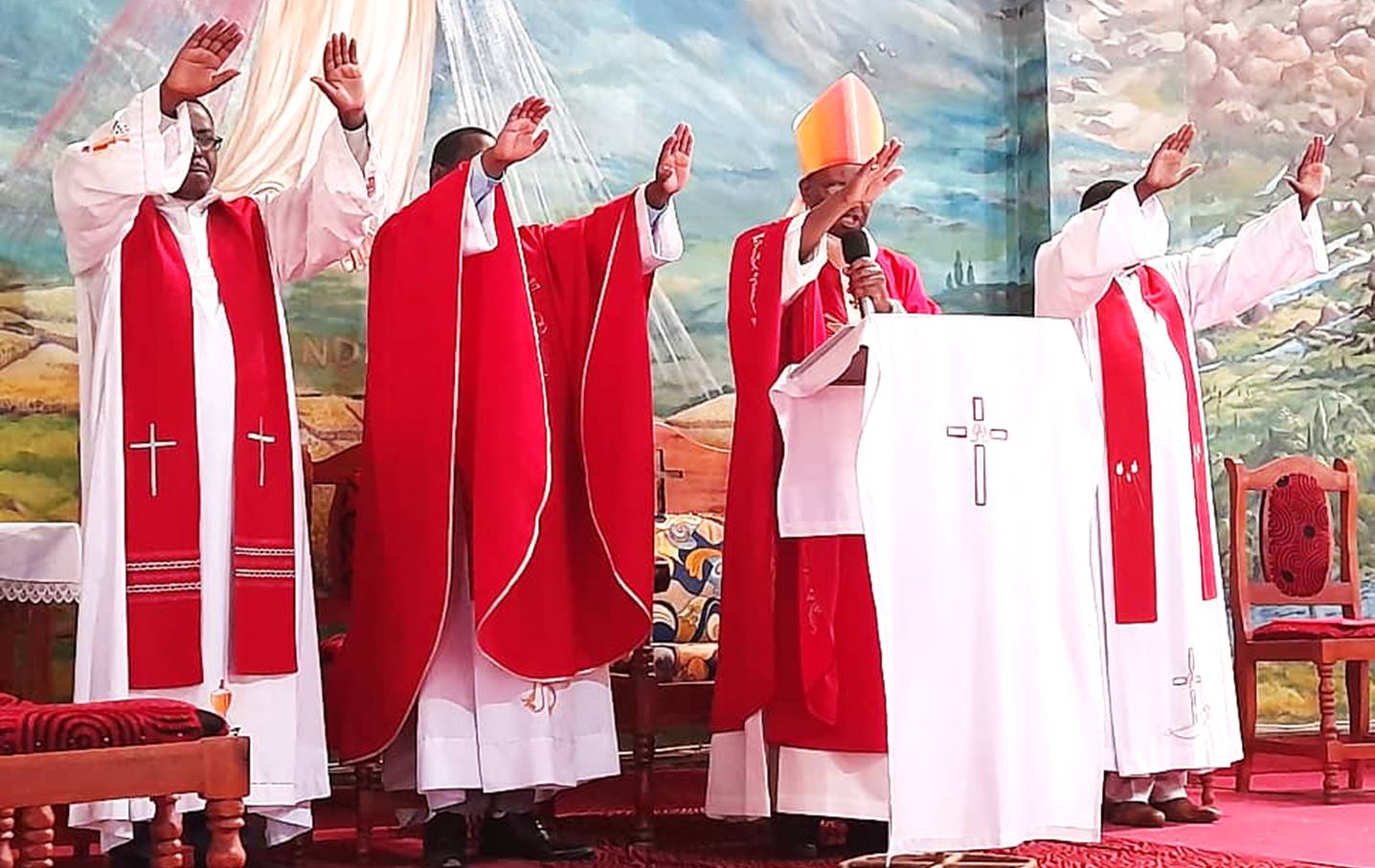
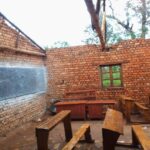

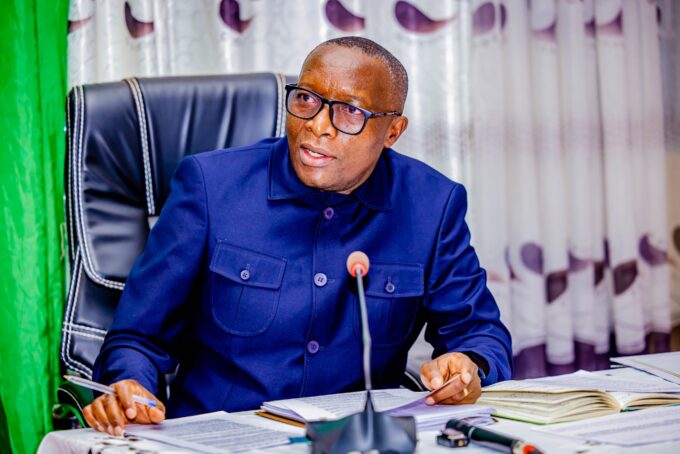
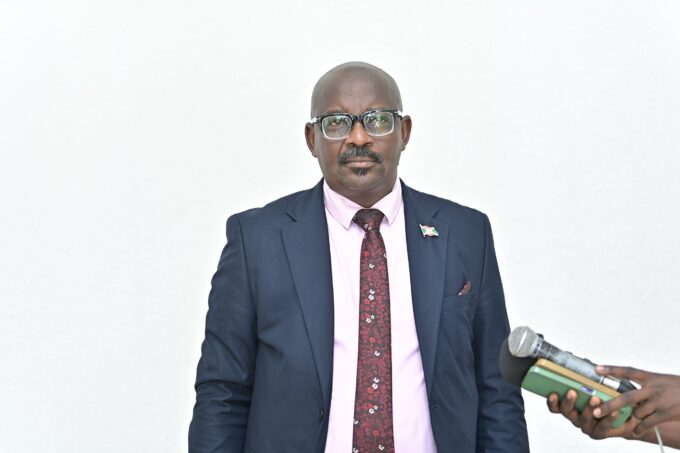
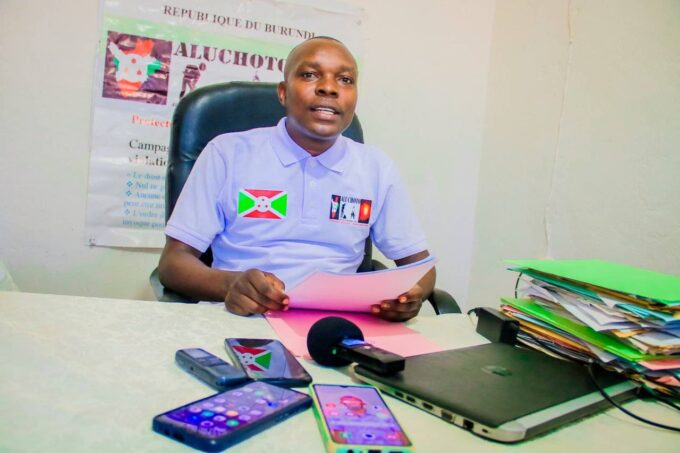
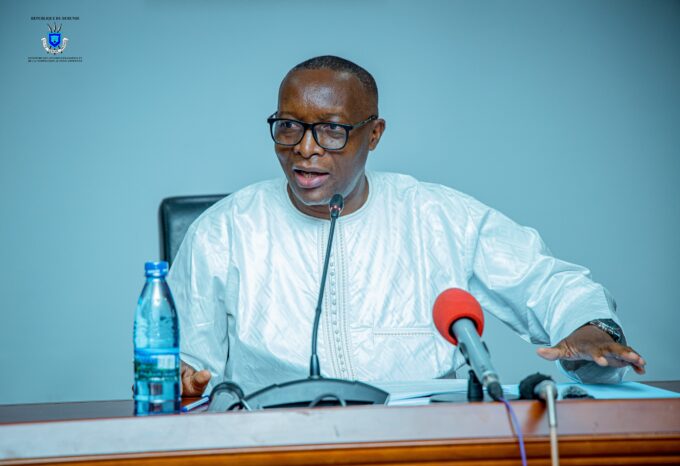
Leave a comment